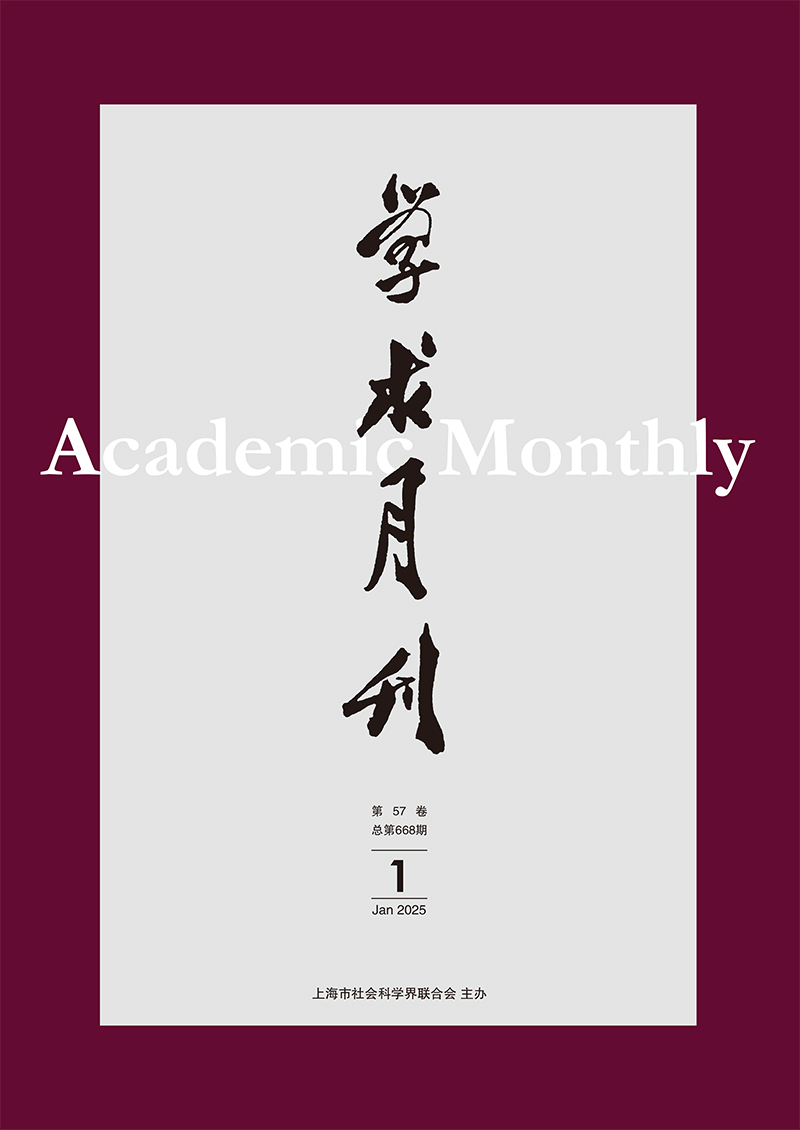The Application of Social Knowledge in Judicial Practice and Its Optimization
Abstract: The application of social knowledge in the administration of justice takes various forms, one of the more important forms being the use of the judge's own social knowledge to restore the facts of a case, to communicate effectively with the parties, and to resolve disputes appropriately. The social knowledge possessed by the judge covers the knowledge and understanding of the background facts of the dispute, the parties and the common sense of the society. This rich social knowledge gives judges insight into the facts of a case, intuitive judgment to make judicial decisions, and ability to take action to resolve disputes. Judges' social knowledge is not only rooted in personal life experience and social experience, but also strengthened and guaranteed through the institutional mechanism of justice. A series of judicial institutional mechanisms promote the exchange and sharing of social knowledge among judges, ensure that the social knowledge of judges is in line with the general public perception, and effectively incentivize and constrain the reasonable use of social knowledge by judges. In recent years, the high incidence of controversial court decisions shows that it is still important to further enhance the social knowledge of the judges' community and optimize the use of social knowledge. This requires not only reforming and improving the relevant institutional mechanisms of the judiciary, but also introducing knowledge and theories from the social sciences, so as to improve the social effects of the judiciary and enhance the public's trust in the judiciary.



 沪公网安备 31010102003103号
沪公网安备 31010102003103号 DownLoad:
DownLoad: